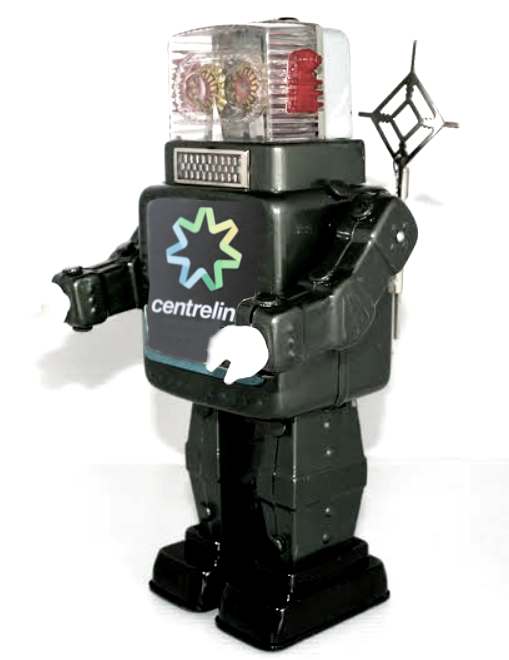Welfare measures questioned
 The United Nations has questioned the legality of Australia's Centrelink robo-debt scheme.
The United Nations has questioned the legality of Australia's Centrelink robo-debt scheme.
A UN report on poverty and human rights has taken aim at Australia’s welfare systems.
Special rapporteur Phil Alston, an Australian, says digital technologies in welfare systems are punishing people.
“As humankind moves, perhaps inexorably, towards the digital welfare future, it needs to alter course significantly and rapidly to avoid stumbling zombie-like into a digital welfare dystopia,” Mr Alston said.
He says that an apparent lack of a legal basis for Australia's automated welfare debt-recovery system shows the Morrison government is not paying attention.
The UN says it has seen evidence of very high error rates in the robo-debt scheme.
Mr Alston said automated calculation systems are open to error or failure.
He also levelled criticisms on Australia’s cashless welfare cards.
Mr Alston said the private tech companies behind the card operate in a “human rights free zone”, without proper government regulation or consideration of human rights.
He argued that the cards allow the private sector to take control of the public welfare system, leading to a “lack of transparency”.
Additionally, Mr Alston has taken issue with a “digital dashboard” used by welfare recipients to report mandatory activities and check compliance with their obligations.
He said removing humans from the system “fails to take real-life situations into account”.
Sweden has recently reversed its complex digital welfare network, after it was revealed that 15 per cent of the automated decisions being made were incorrect.
The UN says the software used by Australian welfare agencies was also employed in Canada, where it led to CAD$140 million (AU$156 million) worth of errors.







 Print
Print